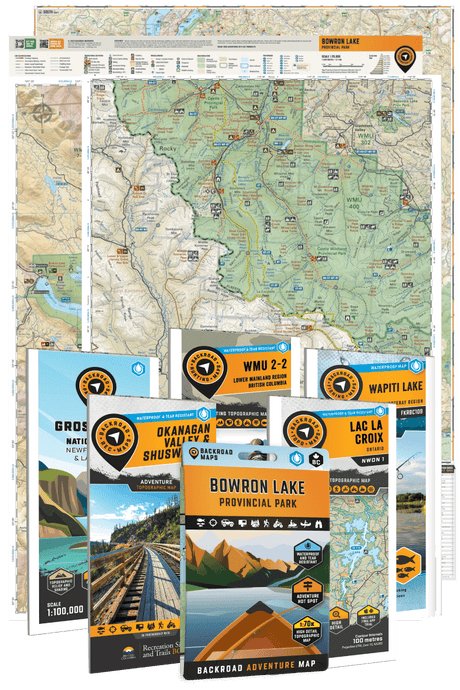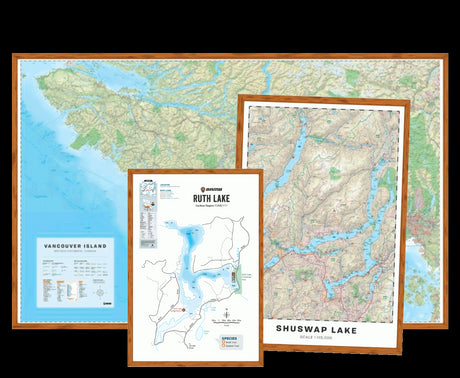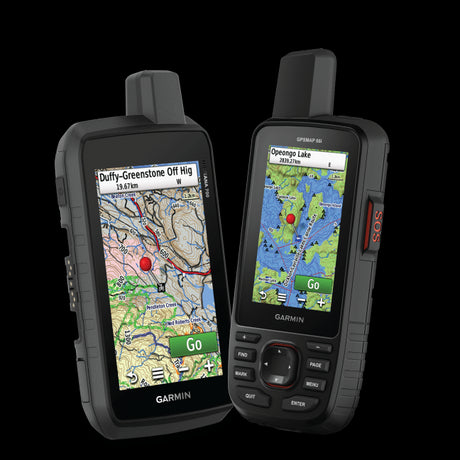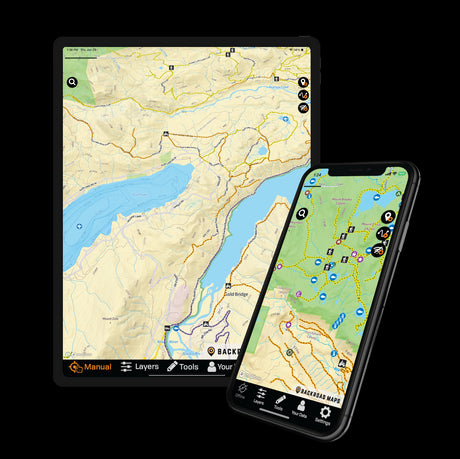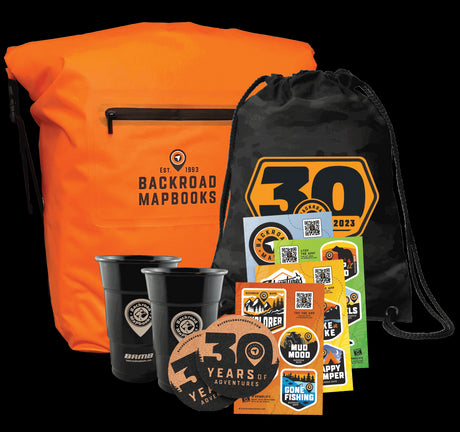With the rising price of gas, hotels, and flights, it is no surprise that activities such as camping and hiking have seen a significant rise in popularity over the last few years. There are countless fantastic options for camping around Canada, and several forested, lakefront, and oceanfront campgrounds provide the perfect relaxing vacation, sometimes just minutes from your house! Camping is a very affordable option for travelling with friends or family, and campgrounds are often a great launching off point for other outdoor adventures such as hiking, biking, paddling, and ATVing.
The solitude of camping and hiking in the forest or backcountry is a great way to relax and connect with nature. However, it is important to remember that we share our wilderness with several animals such as bears, cougars, wolves, coyotes, deer, elk, racoons, and much more! Before heading out on any outdoor adventure, make sure that you are properly prepared and equipped with both the knowledge and tools to make our outdoor spaces safe for both humans and animals. Below, we highlight a few main safety points when it comes to animal encounters and animal safety while camping or exploring nature.

Pack Out Your Garbage and Practice Proper Food Safety
Certain areas and parks across British Columbia have been closed periodically over the past few years due to bear activity – much of this is because campers or hikers are leaving food and garbage behind, which is both attracting the bears to certain areas and causing them to be more accustomed to and aggressive towards people. While camping or hiking, it is imperative that you pack out any garbage or leftover food.
Like most other forms of wildlife, bears are very food motivated. They also have an incredible sense of smell, with the ability to detect animal carcasses upwind from a distance of 32 km (20 mi) away. This means that whether you are camping in a Provincial campsite, rec site, or a backcountry spot, one of the most important things to do is store your food and food waste in a container that will mask scents and keep your food secure. If you are tenting, put your food into your locked vehicle, or place your food into a bear bag and use a rope to raise it into a tree (it is handy to bring a 30 metre/ 100 ft utility cord for this purpose). It is also important not to leave any used plates, cups, or cutlery out in the open while you go for a hike or a swim in the lake.

Keep Your Distance From Wildlife
If you encounter wildlife while hiking or camping, it is important to keep your distance. Never approach wildlife or try to feed wildlife. Even feeding small animals such as squirrels or racoons can cause a huge problem as they will continue to return to the area, potentially getting into garbage and spreading it around – in turn, this will attract larger visitors such as bears. Watch wildlife from a distance and give them their space. Try to stay at least 30 metres (3 bus lengths) away from animals such as deer, moose, and elk, and 100 metres (10 bus lengths) away from bears, coyotes, wolves, and cougars. Keep pets on a leash to ensure that they do not approach wildlife either.

Stay Safe While Hiking
There are several ways you can practice wildlife safety while out on the trails. Stay alert, hike in groups, and make noise. Never approach wildlife and keep pets on leash. Stay on designated trails and obey any closures. Carry pepper spray, but be sure you know how and when to use it. Animals are typically most active at dusk and dawn, so it helps to hike after breakfast and before dinner if possible. Most importantly, be sure to pack out any food or garbage.

Now that you know the basics of animal safety and what to do if you encounter wildlife, be sure to pick up a copy of the Backroad Mapbook or GPS maps of your choice, download the BRMB smartphone App, or check out the BRMB Web Map to start planning your next camping or hiking adventure.



